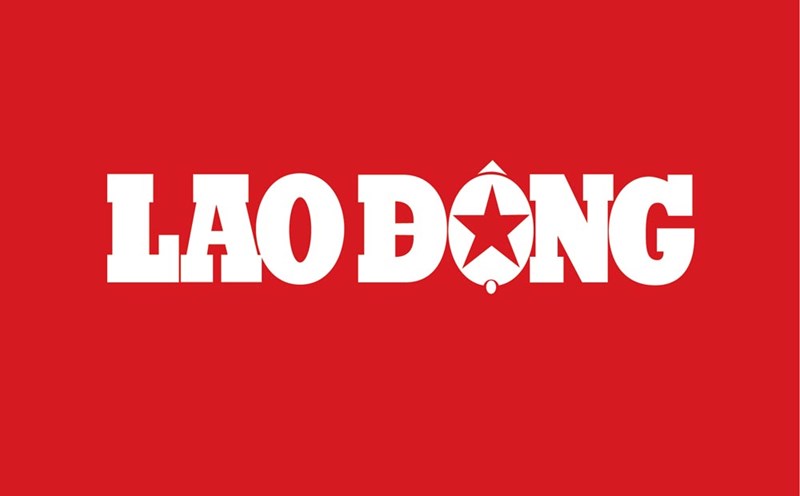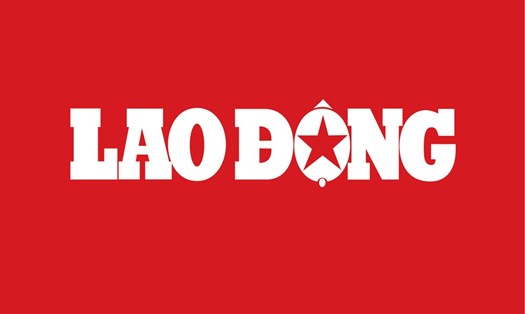Ukraine's ban on Russian oil transit from Lukoil company has been policyized. In July, Hungary and Slovakia received the same amount of oil as before the ban, Ukrainian head Naftogaz said on August 6.
"The situation is being policylized from the outside. We see public calls from the leaders of Hungary and Slovakia as well as threats to cut off fuel and electricity supplies," Naftogaz leader Oleksiy Chernyshov told Ukraine's NV news agency.
Mr. Chernyshov noted that more than 1 million tons of oil were transported through the Ukrainian pipeline in July, equivalent to a month earlier.
Ukraine stressed that the amount of Russian oil transported through the country is not affected by sanctions because businesses are transferring ownership of oil on the Russia-Ukraine border.
"They have received the same amount of oil, but the ownership structure could be different," Chernyshov said.
In late June, Ukraine imposed sanctions on Lukoil, banning Russia's largest private oil and gas company from operating in Ukraine and blocking Lukoil's oil flow through Ukraine's oil pipeline to refineries in Slovakia and Hungary.
Slovakia announced in July that it would stop supplying diesel to Ukraine if Kiev did not restore oil flow from Lukoil.
According to Slovakia's Transpetrol pipeline operator, the demand for oil transportation in August through the company's system to supply Slovakian and Czech refineries is 805,000 tons.
When the Russia-Ukraine conflict broke out in 2022, the EU banned imports of Russian oil, but exempted Hungary, Slovakia and the Czech Republic from importing Russian oil via the Druzhba oil pipeline to have time to find an alternative route and supply.
The southern branch of the Druzhba pipeline runs through Ukraine to the Czech Republic, Slovakia and Hungary and has been the main supply for the countries' refineries for many years.
Ukraine's sanctions on Lukoil came into effect at the end of June, but Hungary and Slovakia began reporting supply issues in mid-July.
After Ukraine blocked Russian oil flows, Hungary and Slovakia asked the EU to intervene. The EU has proposed that the two Central European countries import oil via the Adria pipeline from Croatia. However, both Hungary and Slovakia have refused.
In response to the statement of head of Naftogaz, Reuters reported earlier this week that in a recent exchange in the city of Esztergom in northern Hungary, Mr. Zsolt Hernadi - CEO of Hungarian oil and gas corporation MOL asked: "Why do we have to give up Russian oil?". Mr. Hernadi noted, "The MOL board is the one who decides where to buy the oil, not the politicians".
"If we decide to stop Russian oil supplies from the Druzhba pipeline, Hungary will only have the Adria pipeline. Which option is better? One or two routes? Which option ensures better supply?" - The General Director of MOL asked.
MOL leaders also denied the possibility of Hungary running a fuel shortage in September if Ukraine's blockade of Russian oil flows was not resolved. He emphasized that only when MOL speaks out will the problem of oil shortage be a concern.











